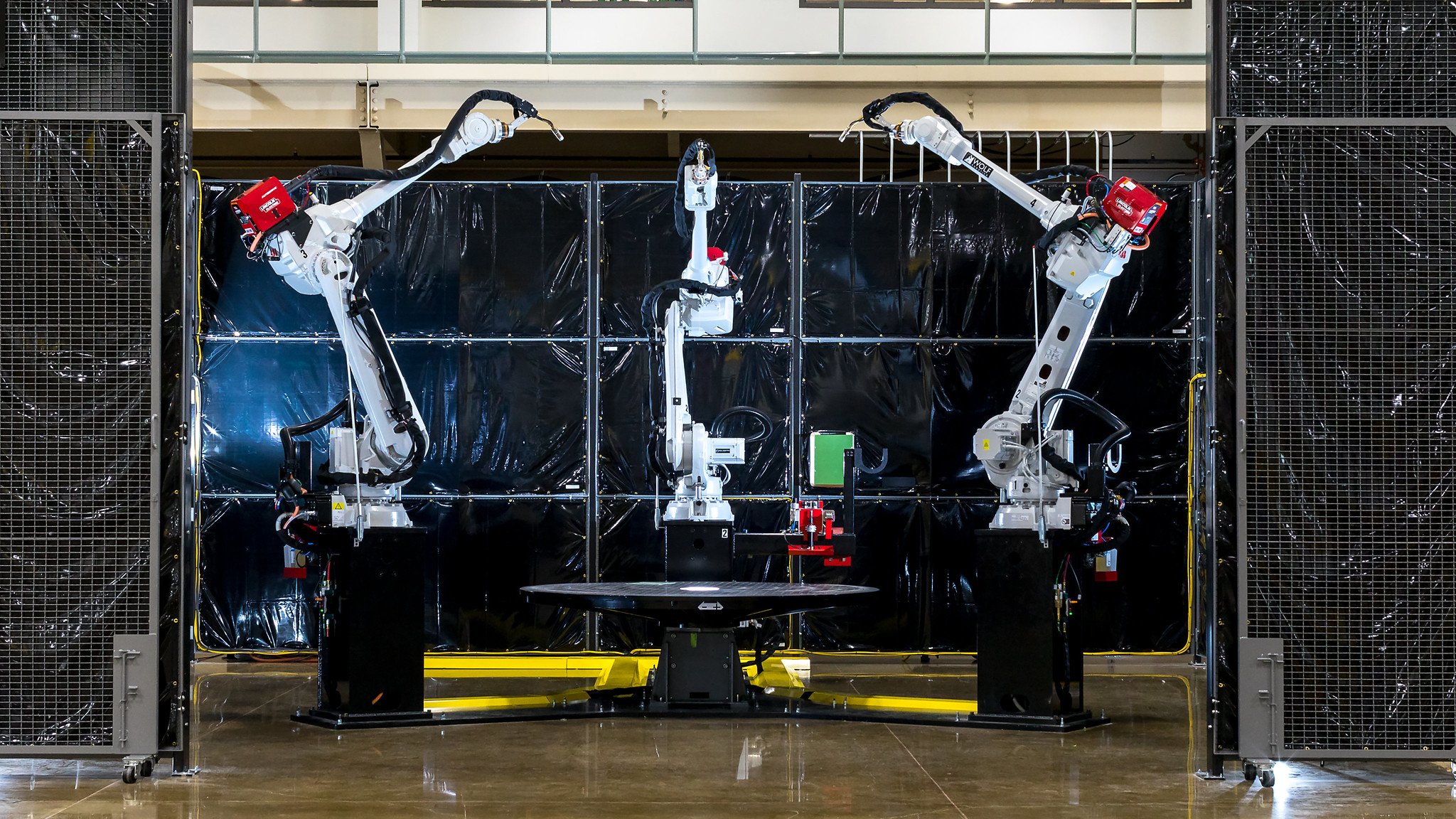
Creating a National DeepTech Capital Fund
Summary
The Biden-Harris Administration should establish a National DeepTech Capital Fund (NDTC Fund) to bridge capital gaps and enable more DeepTech entrepreneurs to bring promising and beneficial technologies to market.
Greater investment in DeepTech is critical in order to return the United States to the forefront of advanced science and technology research and development (R&D). “DeepTech” refers to companies and innovators building science-based, or R&D-based, products and services including hardware and advanced materials, robotics, manufacturing, and biotech. U.S. government investment in technology has declined by two-thirds in the past decades. Private capital typically eschews investment in advanced technologies, due to a combination of the additional expertise needed for and risks inherent to advanced-technology investment. Silicon Valley’s early days were cushioned by government risk capital at a time when the private sector could not see the value of investing in R&D. But relying entirely on Silicon Valley to drive investment in innovation has led the U.S. to a point where it risks being replaced by other innovation centers such as China. A National DeepTech Capital Fund would encourage and enable investment in companies building solutions to society’s greatest challenges, while ensuring that the United States remains at the center of global innovation.
The Federation of American Scientists supports Congress’ ongoing bipartisan efforts to strengthen U.S. leadership with respect to outer space activities.
By preparing credible, bipartisan options now, before the bill becomes law, we can give the Administration a plan that is ready to implement rather than another study that gathers dust.
Even as companies and countries race to adopt AI, the U.S. lacks the capacity to fully characterize the behavior and risks of AI systems and ensure leadership across the AI stack. This gap has direct consequences for Commerce’s core missions.
As states take up AI regulation, they must prioritize transparency and build technical capacity to ensure effective governance and build public trust.